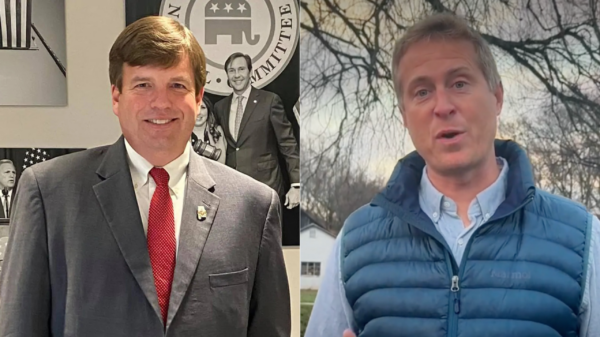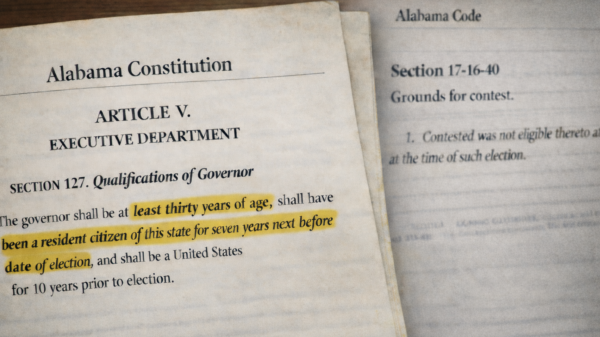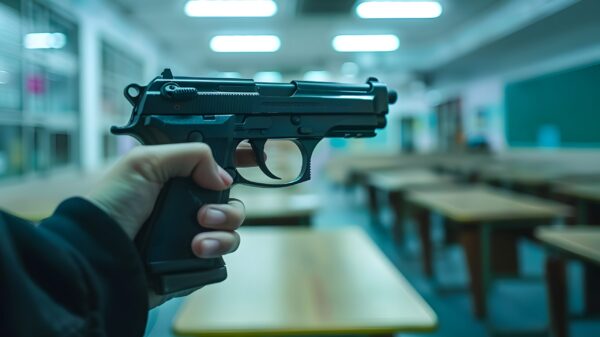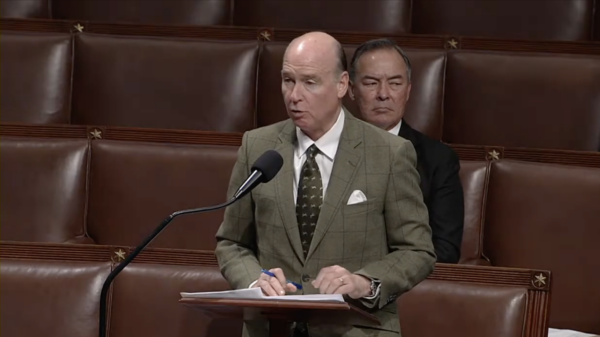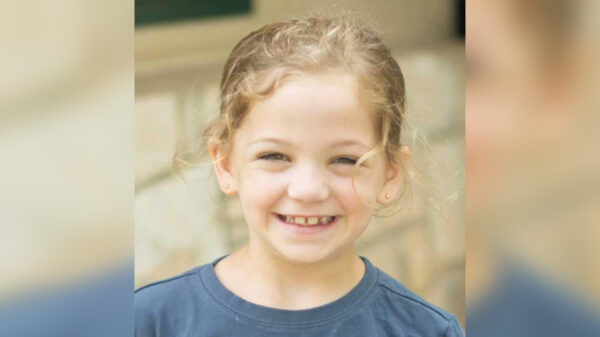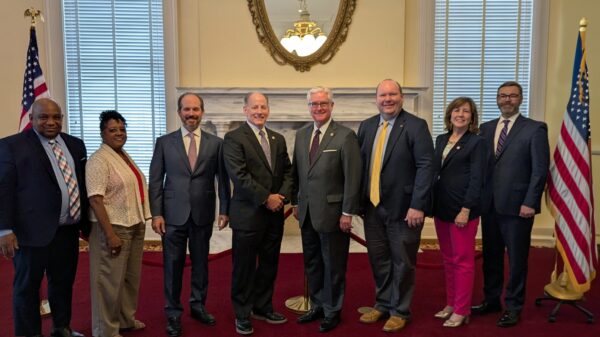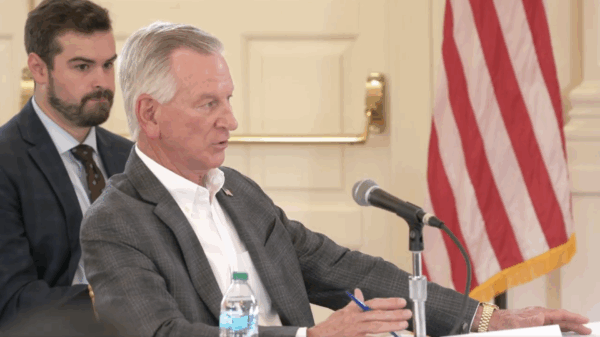During a recent Reentry Commission meeting, Alabama Department of Mental Health Commissioner Kim Boswell and Alabama Department of Human Resources Commissioner Nancy Buckner discussed upcoming developments in Alabama’s fight against its mental health crisis and some areas where more work needs to be done.
“As far as the crisis centers that are up and running now, I know they’re tied to a region but, is it such that if you had a person right outside a region could an exception be made,” asked Buckner.
ADMH currently operates five crisis centers in major cities in Alabama. An additional center is expected to open in a couple of weeks.
Boswell pointed out that most often when individuals are experiencing a mental health crisis, their first response is to dial 911.
“We don’t want them calling the sheriff or the police, we don’t necessarily want them calling EMS, but if your solution to a mental health crisis is dialing 911, you’re gonna get EMS or law enforcement. We’re at over 100,00 calls statewide for 988, so we’re making a dent in folks not necessarily having to call 911, but call 988 and get a mobile crisis team or get directed to a crisis center,” said Boswell.
55 of Alabama’s 67 counties are classified as rural. Without immediate access to one of five crisis centers or a community mental health center, Alabamians can dial 988 to reach one of the 14 crisis teams operating in 11 mental health centers.
“If a person, say that they’ve been away from their family for two weeks, and they’ve come back home, is there anything in place in the state, where they’re out of their medicine, for them to get their medicine at ten o’clock at night in the state,” asked Buckner.
Boswell confirmed that there is no process in place for this scenario. Buckner called this a “serious problem.”
“If somebody called me with that, I would absolutely direct them to one of the crisis centers because there is a physician there that is on call 24/7. When I’ve had those kinds of phone calls what I do is direct them to one of the crisis centers because so often if they can get that medication and get back stable they’re good,” said Boswell.
While ADMH continues to expand its reach, six counties remain without access to a crisis center or mobile crisis teams within their immediate region.


